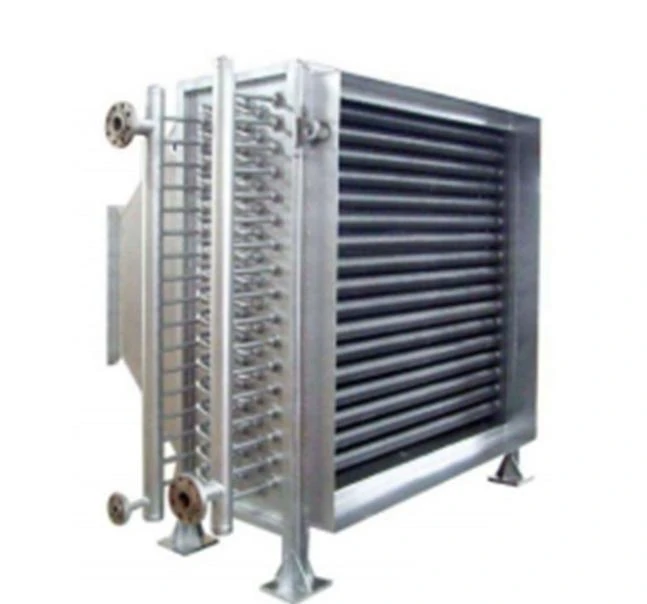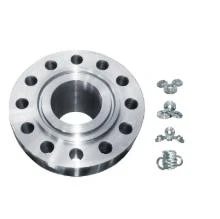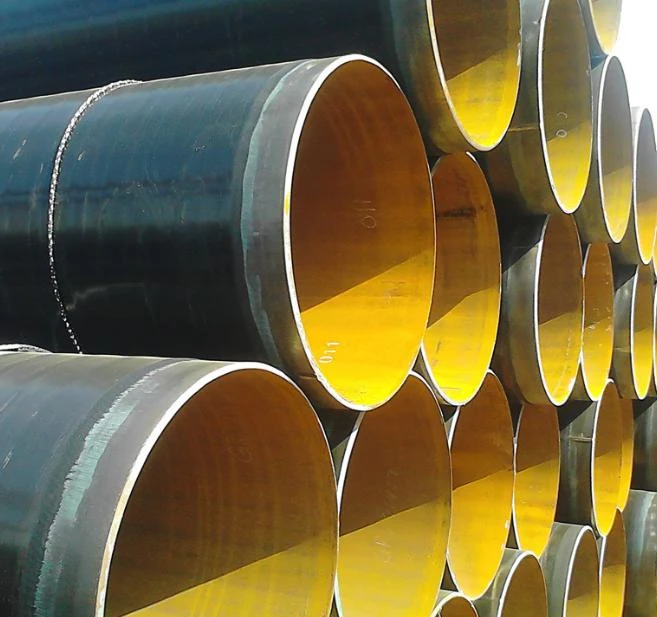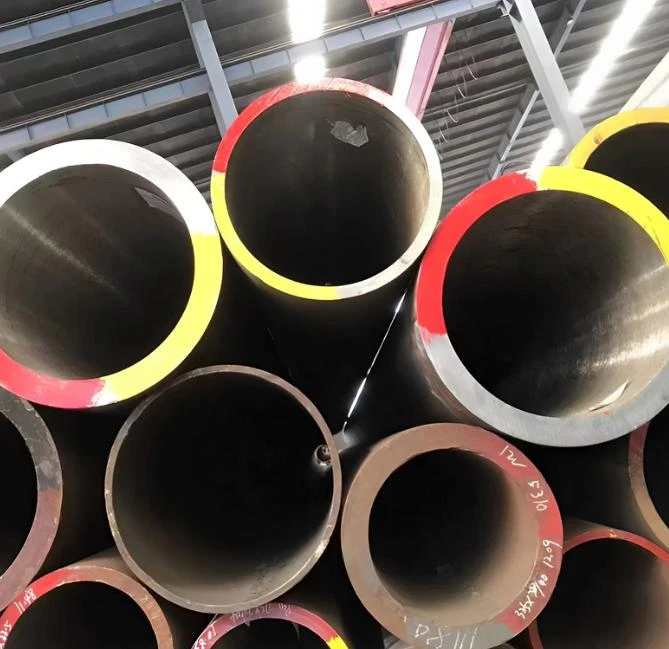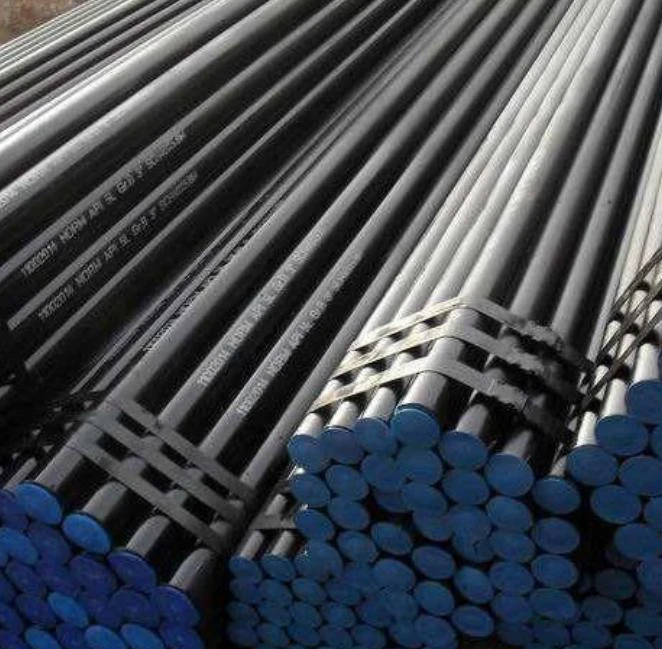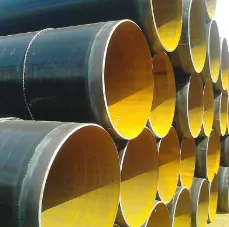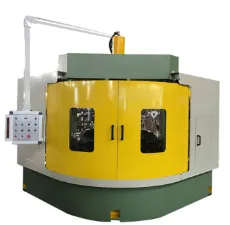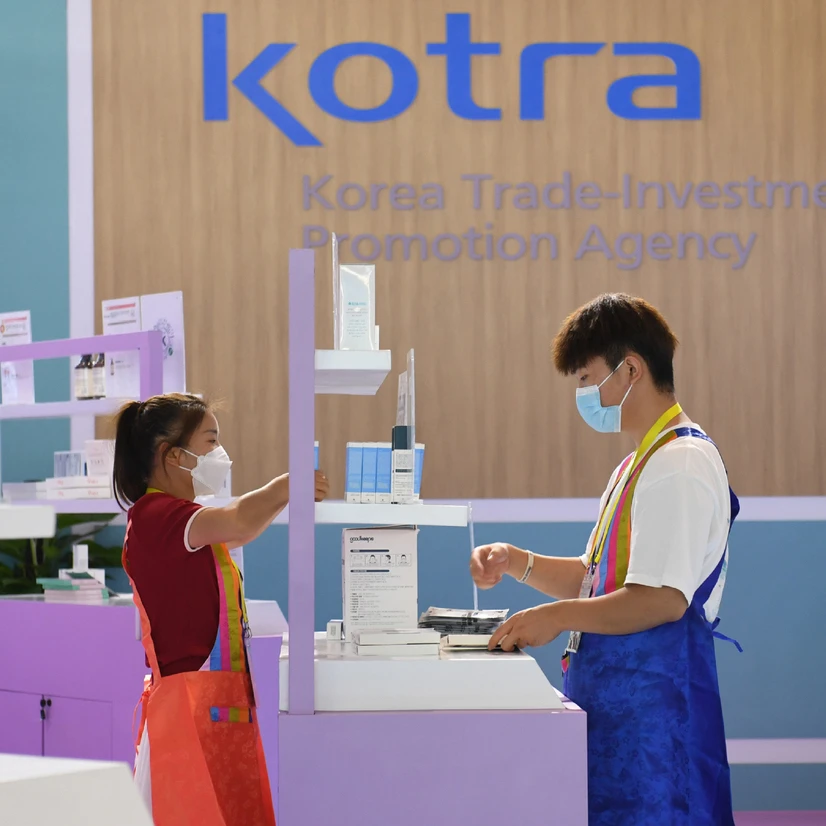

Bituminous Coating As one of the oldest forms of corrosion protection, bituminous coatings utilize tar or asphalt-based substances to shield against water and humidity. Bituminous coatings are excellent for providing a water-proof layer, commonly used in utilities and transportation pipelines. While not as modern as other coatings, they are favored for specific conditions where sophisticated coatings might not be necessary or economically viable. Coal Tar Enamel (CTE) Coating Coal tar enamel coatings, often employed in marine environments, offer significant protection against saltwater corrosion. This style of coating is particularly appealing for use on offshore platforms and undersea pipelines. Despite its hazardous nature due to its chemical components, it remains authoritative in areas where long-term water immersion is unavoidable. Concrete Weight Coating (CWC) An excellent choice for undersea pipeline applications, CWC provides both weight and protection. This coating method incorporates concrete applied over an anticorrosive layer, ensuring the pipeline remains secure under the ocean floor. Trustworthiness and safety are paramount in subsea construction, with CWC solutions often deployed as they prevent flotation, secure placement, and deliver outstanding mechanical protection. Selecting the optimal steel pipe coating involves considerations such as environmental factors, application scenarios, and budget constraints. Those responsible for pipeline design and maintenance are encouraged to collaborate with specialists to ensure that the coatings chosen align with both the operational and regulatory requirements. Consulting reliable industry-authorities and leveraging global standards, such as the NACE International guidelines, can vastly improve decisions, ensuring projects benefit from coatings offering longevity and effectiveness within specified budgets. Expertise in steel pipe coatings not only enhances the life span of infrastructure but also curtails maintenance costs and downtime. By understanding each coating's unique properties and applications, businesses can safeguard their investments, ensuring operational success in demanding environments.
Post time: Feb . 17, 2025 12:15









